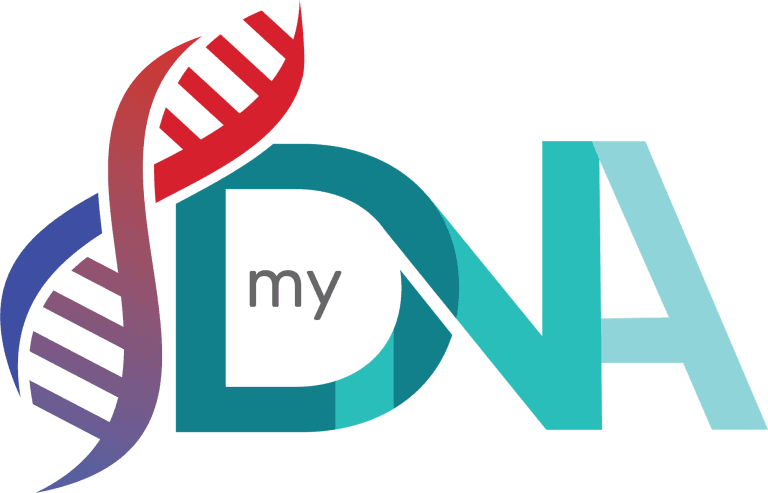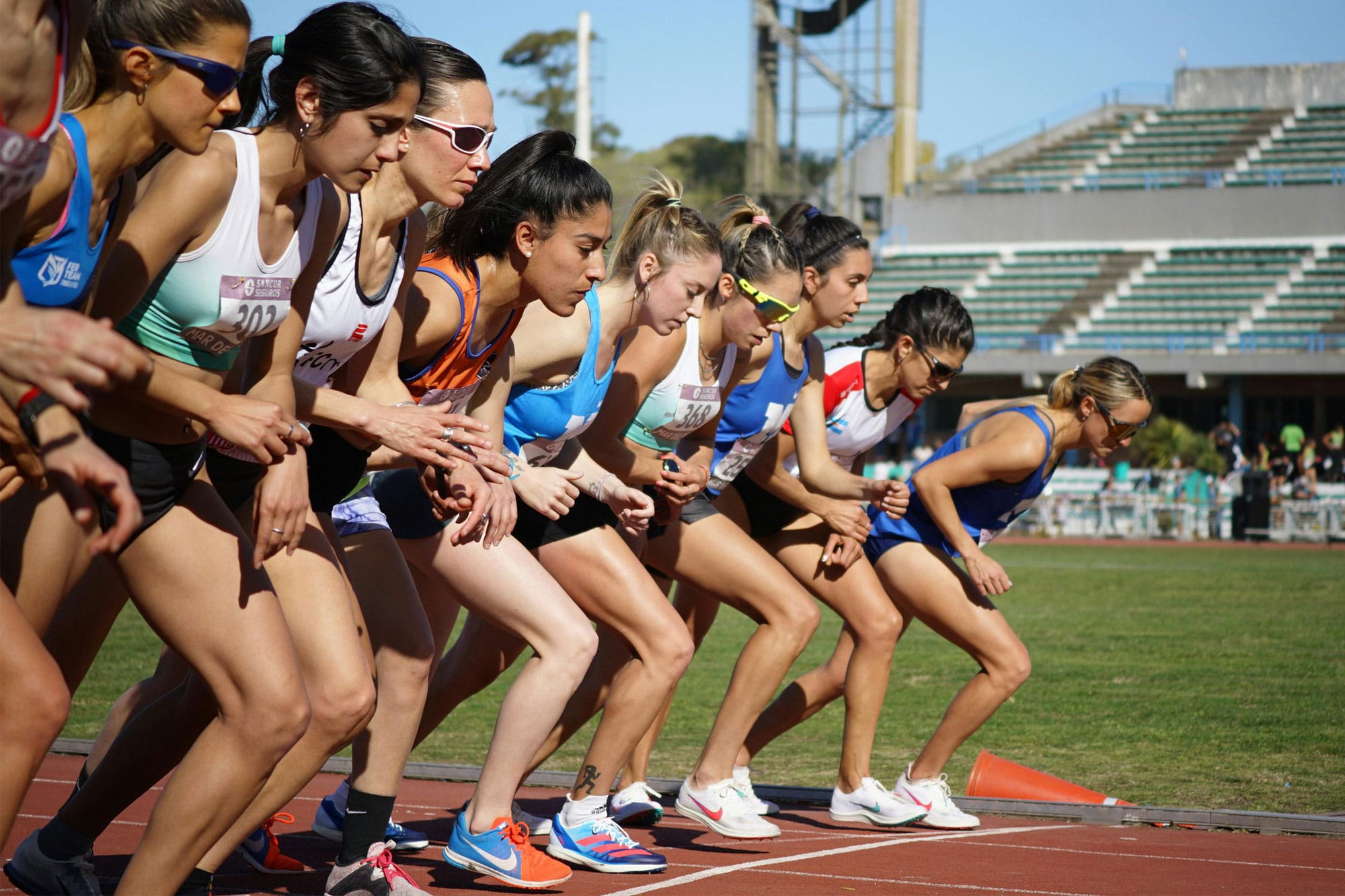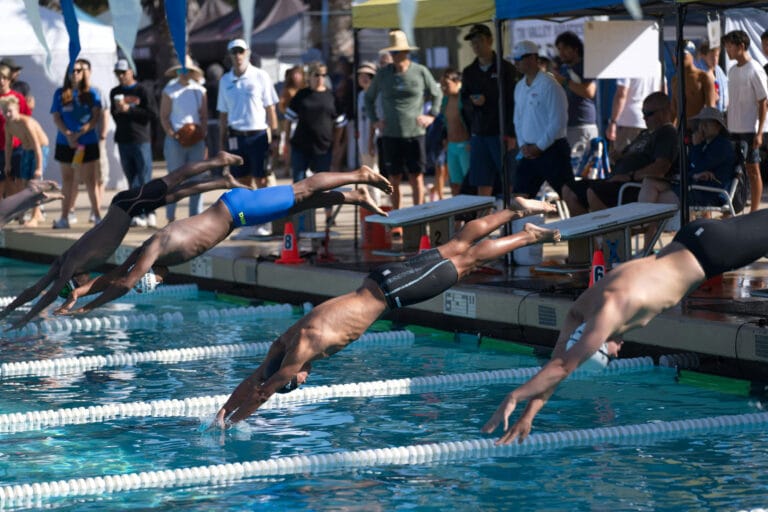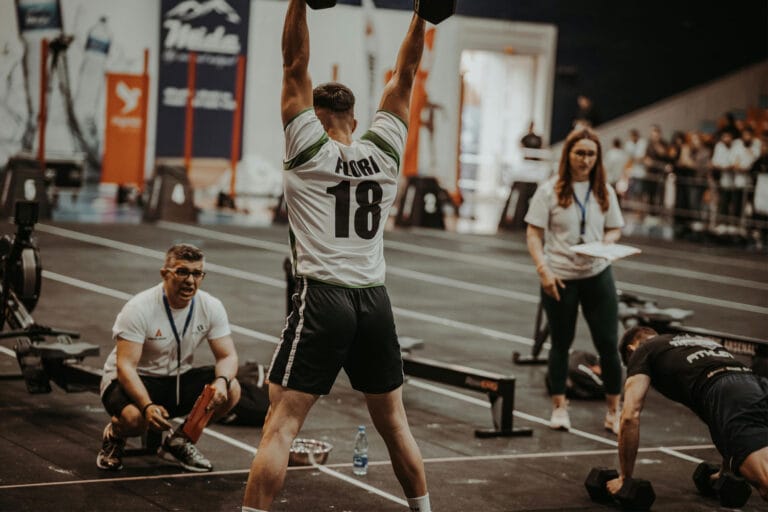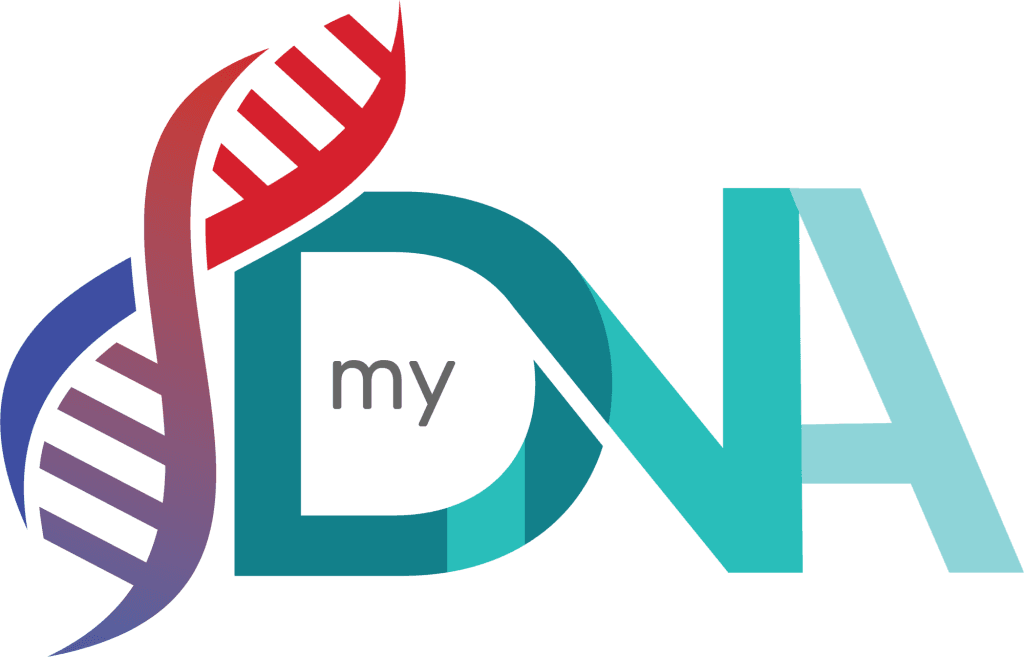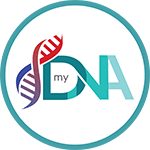Key Areas Where DNA Testing Benefits Athletes
Tailored Training Programs
DNA testing can reveal an athlete’s genetic predisposition for certain types of physical activity. For example:
- Power vs. Endurance
Genes such as ACTN3 influence whether an athlete is more suited to power-based sports (e.g., sprinting, weightlifting) or endurance activities (e.g., long-distance running, cycling).
- VO2 Max Potential
Some genes affect oxygen utilisation, directly impacting cardiovascular endurance. Understanding this can help athletes target their training to maximise aerobic capacity.
By understanding these genetic traits, coaches and athletes can design personalised training regimens that align with an individual’s natural abilities, reducing the risk of overtraining or injury.
Nutritional Optimisation
Genetics play a crucial role in how the body metabolises nutrients. DNA testing can provide insights into:
- Macronutrient Preferences
Some individuals may perform better on high-protein or high-carb diets based on their genetic profile.
- Micronutrient Needs
Variations in genes like MTHFR can affect the body’s ability to absorb certain vitamins, such as B12 or folate, which are essential for energy production and recovery.
- Caffeine Sensitivity: Caffeine affects performance differently for each individual. DNA testing can help athletes determine the optimal amount of caffeine to consume for peak performance without adverse effects.
With these insights, athletes can adopt a personalised diet plan to fuel their training, improve recovery, and maintain peak performance during competition.
Injury Prevention
Injuries can sideline even the most talented athletes. DNA testing identifies genetic markers associated with:
- Tendon and Ligament Strength
Some athletes are genetically predisposed to weaker connective tissues, making them more susceptible to injuries like ACL tears or tendonitis.
- Inflammatory Response: Genes affecting inflammation can influence how the body responds to physical stress, potentially leading to overuse injuries.
- Bone Health: Genetic variations can indicate a risk of conditions like stress fractures or osteoporosis.
By understanding these risks, athletes can work with their trainers and medical teams to incorporate preventive measures, such as strength training, mobility exercises, and proper recovery protocols, into their routines.
Recovery and Fatigue Management
Recovery is a critical component of athletic performance. DNA testing provides insights into:
- Muscle Recovery Speed
Certain genes determine how quickly muscles repair themselves after intense exercise.
- Sleep Requirements: Variations in genes like CLOCK and PER3 influence sleep patterns and quality, which are essential for recovery and overall performance.
With this information, athletes can optimise their recovery strategies, ensuring they are fully prepared for training and competition.
Mental and Psychological Factors
Mental toughness and focus are often the deciding factors in high-stakes competitions. DNA testing can reveal:
- Stress Response
Genes related to cortisol levels can indicate how an athlete handles pressure and stress.
- Motivation and Drive
Genetic markers may influence an athlete’s intrinsic motivation and ability to stay committed to their goals.
Understanding these traits allows athletes and coaches to implement mental conditioning strategies, such as mindfulness or visualisation techniques, to enhance focus and resilience.
